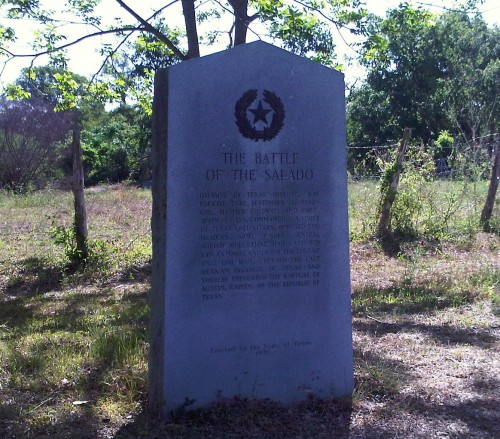It now being officially summer, I’m going to be putting up some posts from prior years that I think are worthy of a rerun.
Reruns
Rerun- Memo on Royal Families
To: The Usual Media
From: Sgt.Mom
Re: Use of a Particular Cliche
1. I refer, of course, to the lazy habit of more than a few of you to refer to the Kennedy family, of Hyannisport, late of the White House, and Camelot, as “royalty”, without use of the appropriate viciously skeptical quote marks. Please cease doing this immediately, lest I snap my mental moorings entirely, track down the most current offender, and beat him/her bloody with a rolled-up copy of the Constitution. This is the US of A, for god’s sake. We do not have royalty.
2. We did, once, as an agreeable and moderately loyal colony of His Majesty, Geo. III, before becoming first rather testy and then quite unreasonable about the taxation and representation thingy, but we put paid to the whole notion of hereditary monarchy for ourselves some two centuries and change ago. There is a certain amount of respect and affection for certain of Geo. III’s descendants, including the current incumbent; a lady of certain age with the curious and old-fashioned habit of always wearing distinctive hats, and carrying a handbag with no discernible reason for doing so. (What does Queen E. II have in her handbag, anyway? Not her house-key to all the residences; not her car keys; not a checkbook and credit cards, not a pocket calendar or business card case, not a spare pair of stockings— I understand the lady-in-waiting takes care of that — handkerchief, maybe? In the case of her late mother, a flask of gin?) Oh, anyway, back to the subject: royalty, or why we, a free people, should feel any need to grovel before the descendants of particularly successful freebooters, mercenary businessmen, and social climbing whores of both sexes.
Summer Rerun: Stand Off at the Salado

Like a great many locations of note to the tumultuous years of the Republic of Texas, the site of the battle of Salado Creek today doesn’t look much like it did in 1842 . . . however, it is not so much changed that it is hard to picture in the minds’ eye what it would have looked like then. The creek is dryer and seasonal, more dependent upon rainfall than the massive amount of water drawn into the aquifer by the limestone sponge of the Hill Country, to the north. Then before the aquifer was tapped and drilled and drained in a thousand places water came up in spectacular natural fountains in many places below the Balcones Escarpment. The Salado was a substantial landmark in the countryside north of San Antonio, a deep and regular torrent, running between steep banks lined with oak and pecan trees, thickly quilted with deep brush and the banks scored by shallow ravines that ran down to water-level. Otherwise, the countryside around was gently rolling grasslands, dotted with more stands of oak trees. There was a low hill a little east of the creek, with a house built on the heights. Perhaps it might have had a view of San Antonio de Bexar, seven miles away, to the south and west.
Rerun Post: Bidwell-Bartleson, 1841
The westward movement of Americans rolled west of the Appalachians and hung up for a decade or two on the barrier of the Mississippi-Missouri River. It was almost an interior sea-coast, the barrier between the settled lands, and the unpeopled and treeless desert beyond, populated by wild Indians. To be sure, there were scattered enclaves, as far-distant as the stars, in the age of “shanks’ mare” and team animals hitched to wagons, or led in a pack-train: far California, equally distant Oregon, the pueblos of Santa Fe, and Texas. A handful of men in exploring parties, or on trade had ventured out to the ends of the known continent … and by the winter of 1840 there were reports of what had been found. Letters, rumor, common talk among the newspapers, and meeting-places had put the temptation and the possibility in peoples’ minds, to the point where an emigrating society had been formed over that winter.
Hayek on Tradition
Just as instinct is older than custom and tradition, so then are the latter older than reason: custom and tradition stand between instinct and reason — logically, psychologically, temporally. They are due neither to what is sometimes called the unconscious, nor to intuition, nor to rational understanding. Though in a sense based on human experience in that they were shaped in the course of cultural evolution, they were not formed by drawing reasoned conclusions from certain facts or from an awareness that things behaved in a particular way. Though governed in our conduct by what we have learnt, we often do not know why we do what we do. Learnt moral rules, customs, progressively replaced innate responses, not because men recognized by reason that they were better but because they made possible the growth of an extended order exceeding anyone’s vision, in which more effective collaboration enabled its members, however blindly, to maintain more people and displace other groups.
F.A. Hayek, The Fatal Conceit: The Errors of SocialismThe Fatal Conceit: The Errors of Socialism
(I remembered this passage when reading Shannon’s prior post, entitled On Tradition.)